COVID-19 Conflict & Resilience Monitor – 19 May 2021
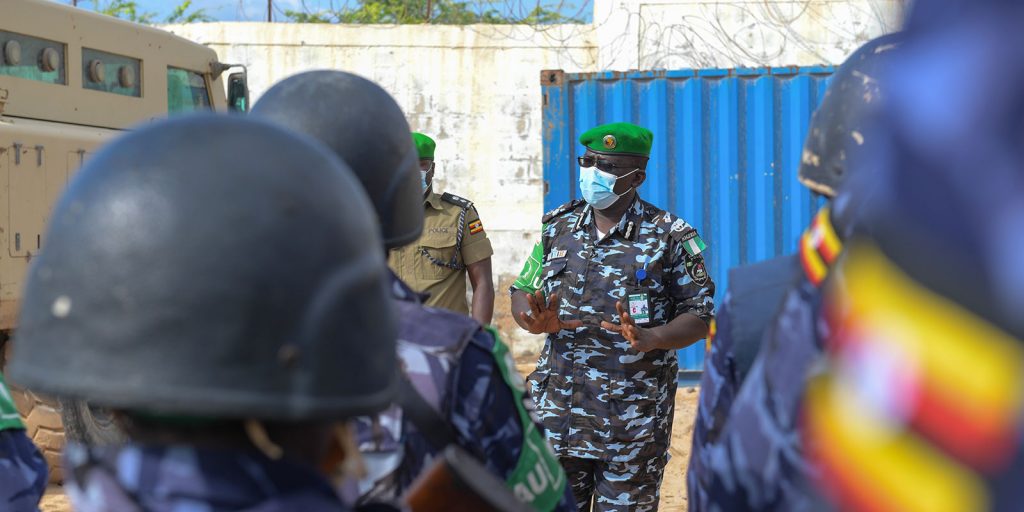
During the COVID-19 crisis ACCORD’s analysis is focused on the impact of the pandemic on conflict and resilience in Africa.
Promoting Peace in the Age of Compound Risk – Reflections and Lessons for Africa
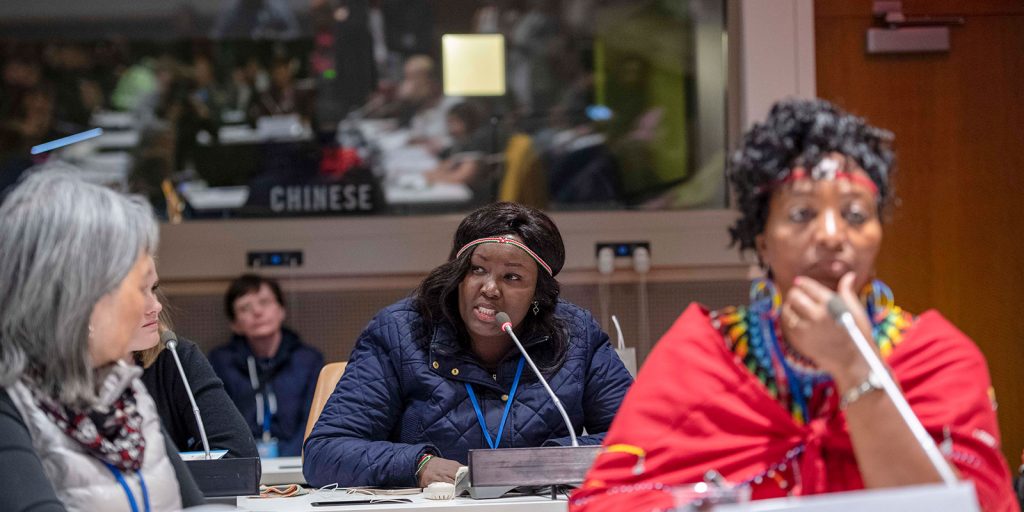
Indeed, in 2020, as we were planning to celebrate major instruments for the advancement of women’s rights to peace and development, namely the Beijing Declaration and Platform of Action and the United Nations Security Council Resolution 1325 (UNSCR 1325), the coronavirus (COVID-19) pandemic erupted, causing deaths and disruptions all over the world. The pandemic demonstrated once more that in times of crisis, women and girls bear the brunt of the impact and are the ones at the front of the risk.
Africa’s compound challenges need a collective response
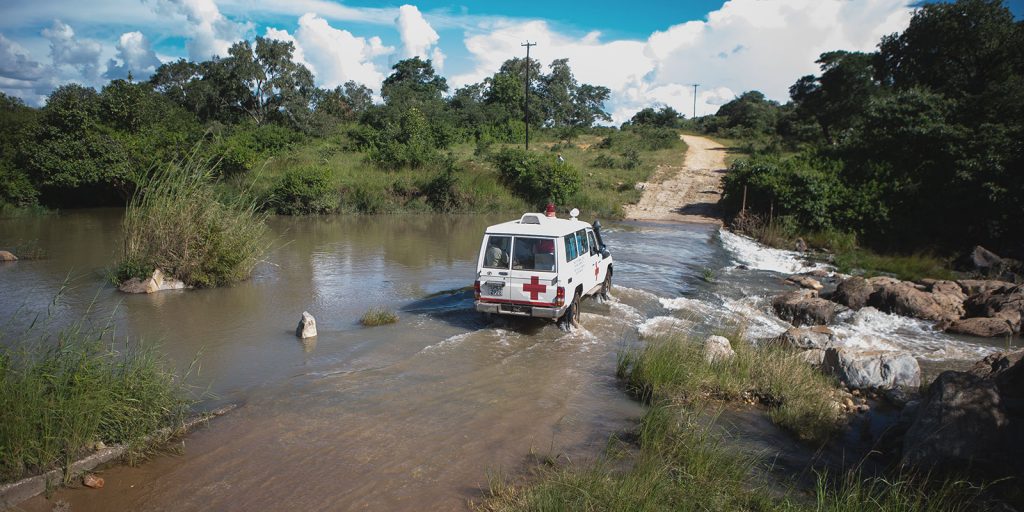
We live in a peculiar moment in history in which prevailing threats to peace and stability have collided with a pandemic that occurs once in a century. For the African continent, it is rather a precarious moment in which our realities and limitations have come to the fore, more than in previous decades.
Shifting the Theory and Practice of Conflict Management to Respond to Current Conflict Contexts: A role for South Africa?
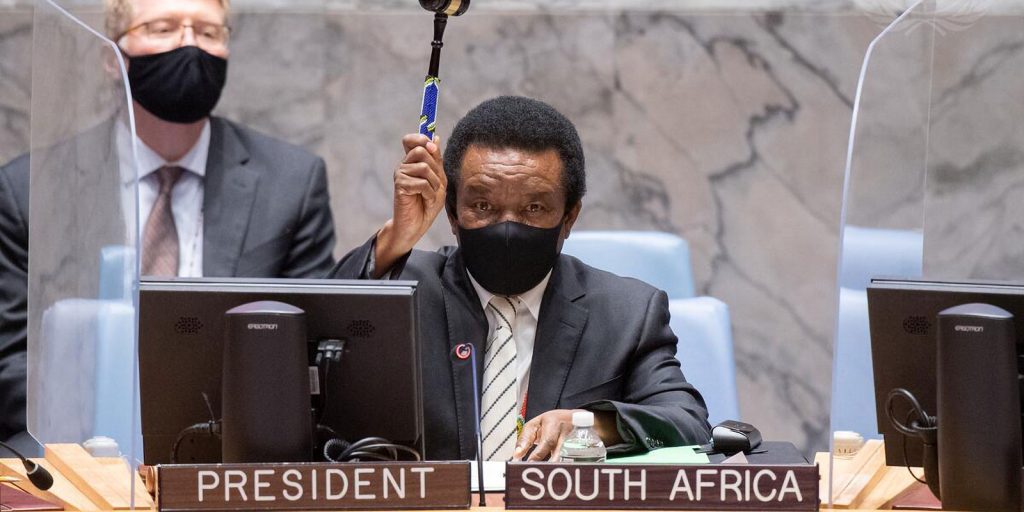
The changing conflict contexts have refocused our attention on the theory and practice of conflict management and the need for transforming the ways in which we seek to Silence the Guns in Africa. In the 1990s the conflict contexts demanded that peace be sought internally between identifiable warring parties with the ability to do harm, usually government and one or two rebel groups seeking access to political power; that mediation went beyond ceasefire agreements to deliver more comprehensive peace accords; and peacekeeping broadened to encompass multidimensional peace support operations.
Life after Idris Déby: Quo Vadis, Chad?
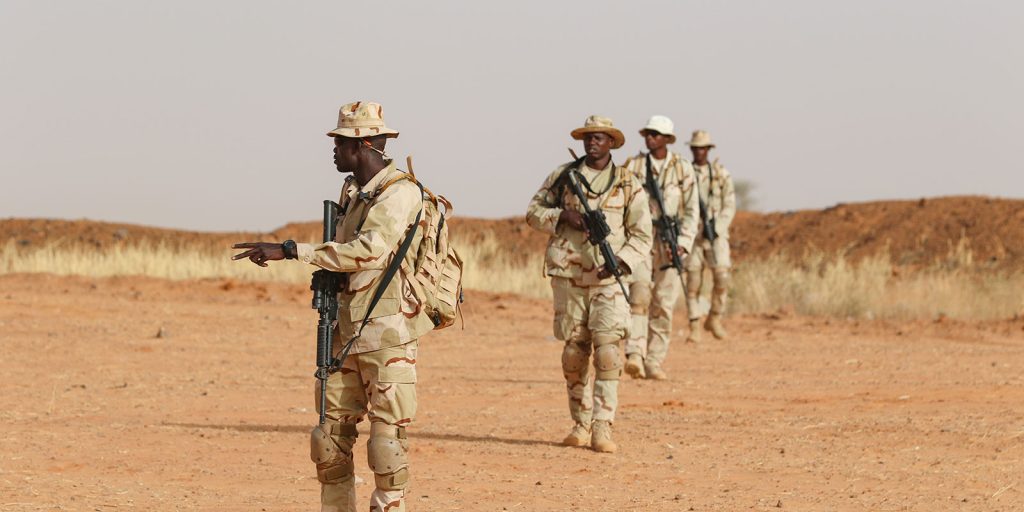
For many Chadians, news of the sudden death of President Idris Déby Itno on 20 April 2021, crowned the past year as an annus horribilis, while sending shockwaves through the wider Sahel and around the world. Sixty-eight-year-old Déby, who took power in 1990 when his rebel forces deposed then-President and autocratic leader Hissène Habré, died from gunshot wounds sustained on the frontlines of fighting rebels belonging to a group called “Front pour l’alternance et la concorde au Tchad” (French acronym, FACT) in the north of Chad. The shock news came just a day after the veteran ruler won his sixth term as president amid boycotts from the main political opposition.
COVID-19 Conflict & Resilience Monitor – 12 May 2021
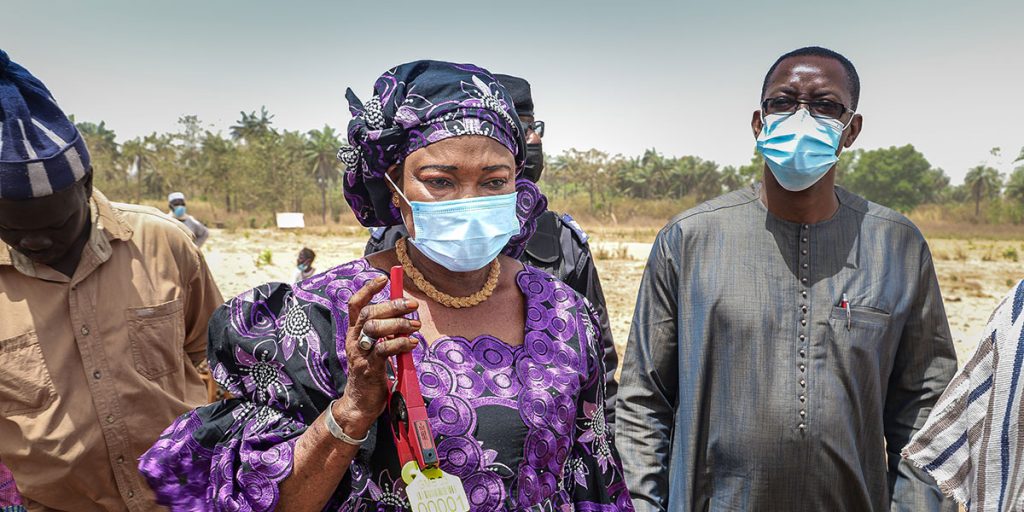
During the COVID-19 crisis ACCORD’s analysis is focused on the impact of the pandemic on conflict and resilience in Africa.
COVID-19 in Africa: One Year later
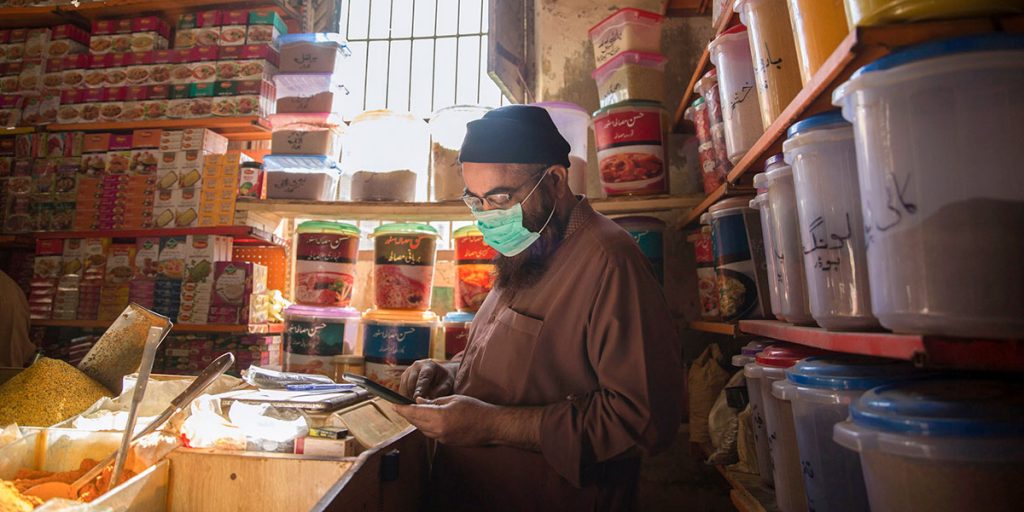
On the 8th of May 2021 the African Union (AU) and the Africa Centres for Disease Control and Prevention (Africa CDC) convened a high level emergency meeting of African ministers. The purpose of the meeting was to review and reflect on the impact that COVID-19 has had on Africa and evaluate the implementation of the Joint Continental Strategy to combat the virus.
Reviving conflict prevention
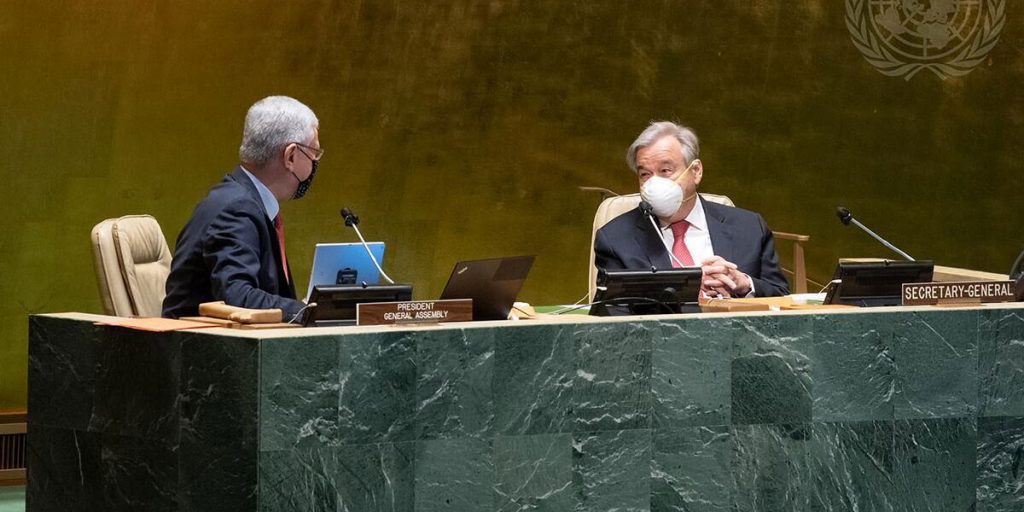
From the start of its engagement in internal conflicts in the early 90’s, the Organization of
African Unity (OAU) focused on conflict prevention. This was based on the assumption that
prevention is better than a cure and that the United Nations (UN) was better equipped to deal
with costly peacekeeping operations.
What does collective leadership have to do with COVID-19 and peace?
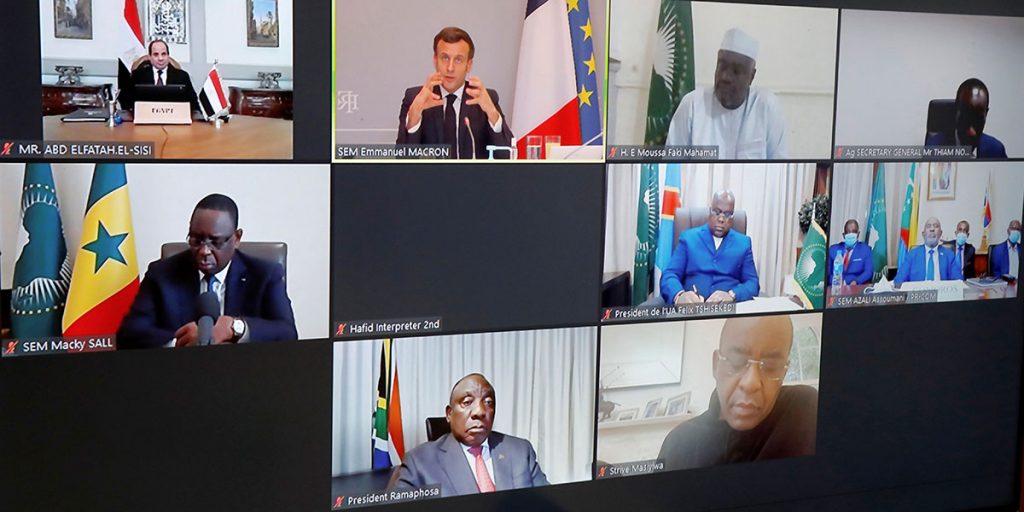
Collective system leadership has enabled some countries to successfully manage the onslaught and debilitating consequences of COVID-19. This approach could also be usefully applied to situations where attempts to build and sustain peace have failed.
Rebuilding Trust in a World of Crisis
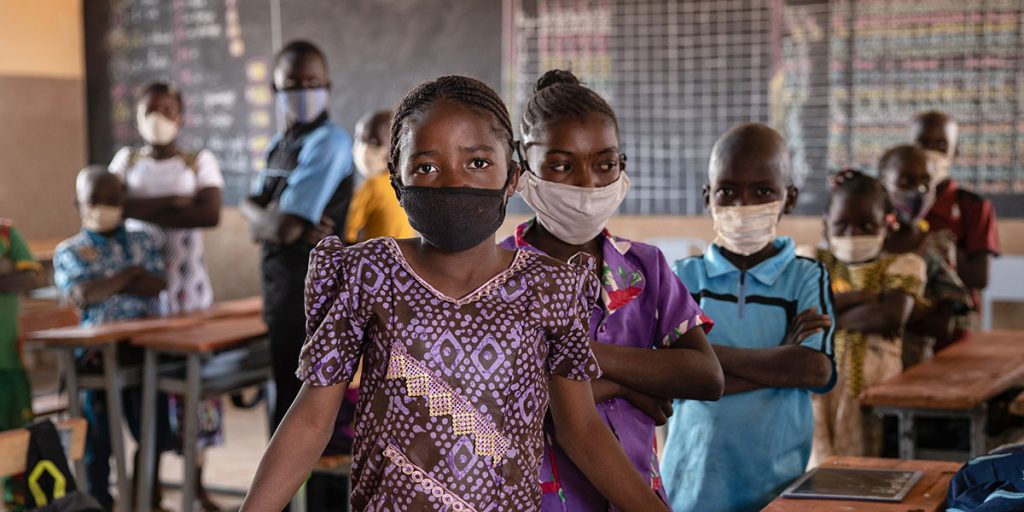
The COVID-19 pandemic is impacting negatively on the structure of governance around the world. As it shatters the lives and economies of many nations around the world, the virus has become a devastating and deadly behemoth of sort, collapsing systems and initiating more crises in our nations.
